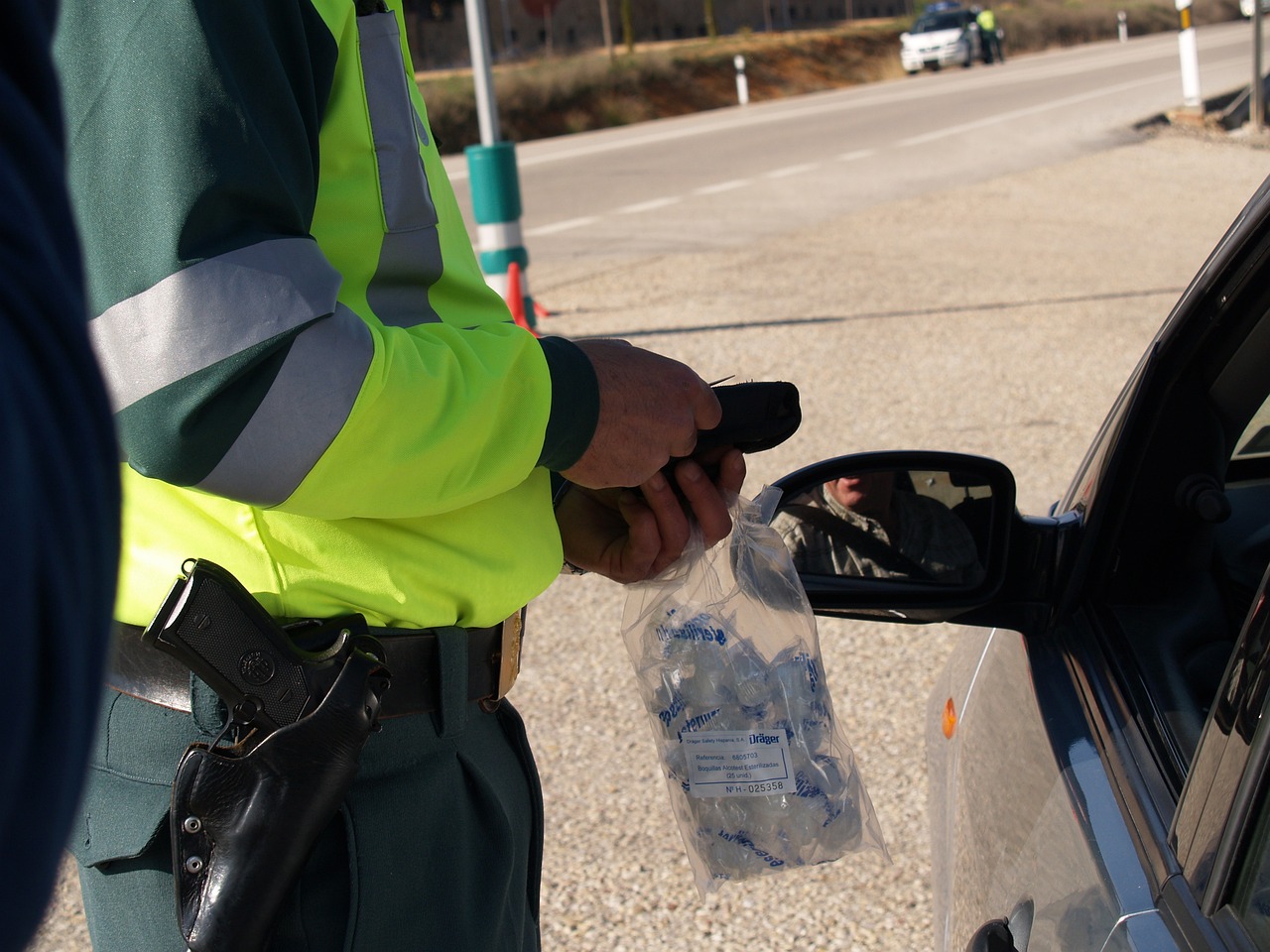
In a significant change to the caregiver program in Canada, the amount of work experience required for permanent residence has been reduced from 24 months to just 12 months. This shift in criteria is intended to apply to applicants from both the Home Child Care Provider (HCCP) pilot and the Home Support Worker (HSW) pilot, including those whose applications have already been received by Immigration, Refugees and Citizenship Canada (IRCC) and prospective applicants for the remainder of the five-year pilots.
The change, which will be retrospective for those who have already applied, will be effective as of April 30, 2023, and is expected to benefit around 90% of applications currently in processing. This update will provide a faster path to permanent residency and successful settlement in Canada for caregivers and their families.
Since the launch of the caregiver programs in 2019, nearly 1,600 caregivers and their family members have become permanent residents, and in 2022 alone, nearly 1,100 caregivers and their family members have become permanent residents through the two programs. This reduction in the amount of work experience required will not only benefit new applicants but also those who have already been providing care in Canada.
Canada’s labour force growth is largely driven by immigration, and roughly 75% of Canada’s population growth comes from immigration, mostly in the economic category. By 2036, it is expected that immigrants will represent up to 30% of Canada’s population, compared to 20.7% in 2011.
With the aging population, there is an increasing need for caregivers in Canada. Fifty years ago, there were seven workers for every retiree in Canada, but today, that number is closer to three. If Canada continues on its current trajectory, the ratio will drop to two workers for every retiree in the next 10 to 15 years.
IRCC is working on the future of caregiver programming, which will continue to provide support to caregivers and their families, to ensure that they have a successful settlement in Canada. The reduction in work experience required for permanent residency is a step in the right direction and a testament to the vital role that caregivers play in Canadian society.
In conclusion, the reduction in the amount of work experience required for permanent residency for caregivers in Canada will provide a faster path to citizenship and successful settlement in Canada. This change will benefit both new and existing caregivers and their families and recognizes the important role they play in supporting Canadian families.
FAQ
What are the Home Child Care Provider Pilot and Home Support Worker Pilot?
The Home Child Care Provider Pilot and Home Support Worker Pilot are programs designed to provide a pathway to permanent residency for caregivers who provide care for children and/or elderly, disabled, or injured individuals in Canada.
What are the education requirements for these programs?
To be eligible for the Home Child Care Provider Pilot and Home Support Worker Pilot, applicants must provide evidence of having completed a Canadian 1-year post-secondary (or higher) educational credential or a foreign educational credential equivalent to the above and an Educational Credential Assessment (ECA) report issued for immigration purposes by an organization designated by IRCC.
What is the official language proficiency requirement?
The official language proficiency requirement is CLB 5.
How much work experience is required to apply for these programs?
Applicants must have at least 12 months of qualifying Canadian work experience or a job offer and the ability to perform the work.
What is a qualifying Canadian work experience?
Qualifying Canadian work experience refers to the experience gained while working in Canada as a caregiver.
What if I don’t have 12 months of work experience in Canada?
If you don’t have 12 months of work experience in Canada, you may still be eligible for these programs if you have a job offer and the ability to perform the work.
What documents are required to apply for these programs?
Applicants must provide evidence of their education, official language proficiency, and either of the following: 12 months of qualifying Canadian work experience or a job offer and the ability to perform the work.
What is the change in work experience requirement for caregivers in Canada?
The amount of work experience required for permanent residency for caregivers in Canada has been reduced from 24 months to 12 months.
When will this change be effective?
This change will be effective as of April 30, 2023, and will be retrospective for those who have already applied.
Who does this change apply to?
This change in criteria applies to applicants from both the Home Child Care Provider (HCCP) pilot and the Home Support Worker (HSW) pilot, including those whose applications have already been received by Immigration, Refugees and Citizenship Canada (IRCC) and prospective applicants for the remainder of the five-year pilots.
How many caregivers have become permanent residents in Canada since the launch of the pilot programs?
Since the launch of the caregiver programs in 2019, nearly 1,600 caregivers and their family members have become permanent residents, and in 2022 alone, nearly 1,100 caregivers and their family members became permanent residents through the two programs.
What is the benefit of this change for caregivers and their families?
This reduction in the amount of work experience required will provide a faster path to permanent residency and successful settlement in Canada for caregivers and their families.
Why is Canada making changes to the caregiver program?
Canada is making changes to the caregiver program to recognize the important role that caregivers play in supporting Canadian families and to provide a faster path to citizenship and successful settlement in Canada for caregivers and their families.
You might like...
May 20, 2023








